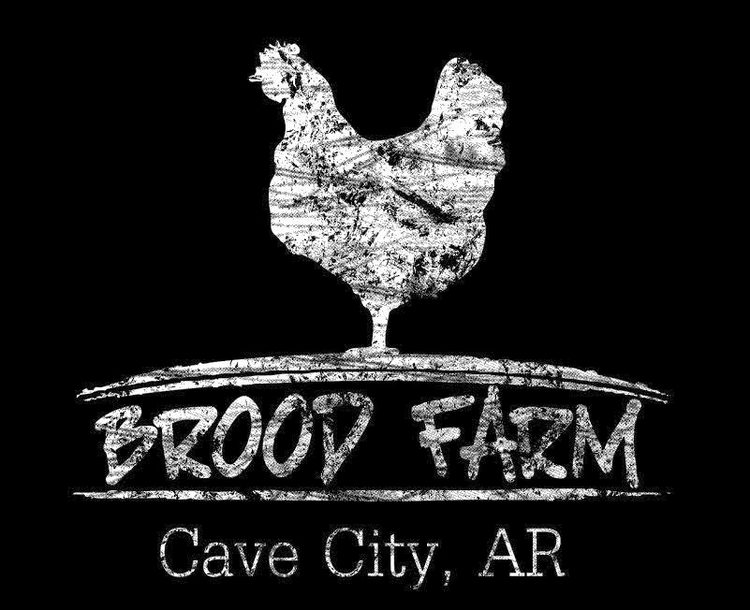The central character, restaurant owner and chef Lillian, speaks to her assembled students on the opening night of their cooking class, "Well, then, I think we'll start with the beginning," and then produces a pot of live crabs.
One of the students asks in dismay, "Are we going to kill them?"
Lillian's response is spot on:
"Yes, we are, Chloe. It is the first, most essential lesson. . . . If you think about it . . . every time we prepare food we interrupt a life cycle. We pull up a carrot or kill a crab -- or maybe just stop the mold that's growing on a wedge of cheese. We make meals with those ingredients and in doing so we give life to something else. It's a basic equation, and if we pretend it doesn't exist, we're likely to miss the other important lesson which is to give respect to both sides of the equation. So we start here."
Processed foods and cellophane wrappers have done a wonderful job of distancing us from the life that once inhabited our food. The backyard homestead and garden serves to constantly remind me of the life of our food. Last night, I watched as John absentmindedly dumped down the sink the last few bites of strawberries as he cleaned up dinner. I may have overreacted a bit as I reminded him that those berries he'd just dumped were handpicked from our garden that morning. (He apologized profusely. :) As much as I hate to see anything from our backyard go to waste, this is most true of the chicken who spent their days pecking away in our backyard only to die upside down on the fencepost. We both kill and eat them with a certain reverence.
We ought not waste our food, and it's not just because we're thinking of all the "starving children in Africa." It's also because we have an appreciation for the once-living thing that died to provide us life and nourishment and enjoyment. So, once we've said "Amen," let us raise the fork mindfully; and, at the meal's end, let us reverently despair at waste.

